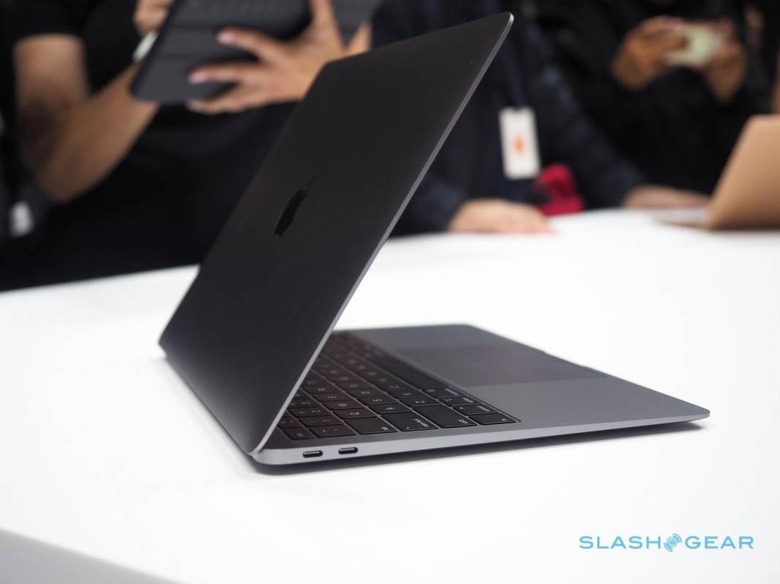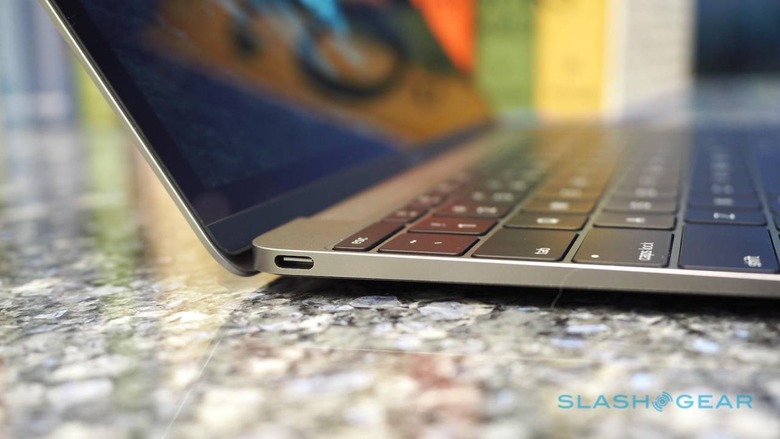The Apple Arm Mac Bombshell Reportedly Drops At WWDC 2020
Apple could announce its Arm-based Mac switch as soon as WWDC 2020, insiders claim, giving developers a heads-up that the first Macs to use the same sort of chip tech as iPhone and iPad are in the pipeline for 2021. It's an aggressive roadmap, apparently buoyed by impressive performance for the new breed of Apple-designed chips in current prototypes.
The big switch away from Intel processors and to Arm-based chips has been a persistent rumor. Apple began developing its own custom processors for its iOS range, a decision which today looks increasingly prescient.
It's the interplay between custom hardware and software which has given Apple many of its advantages in the smartphone and tablet spaces, including power management, camera performance, and overall control of the app ecosystem. On the desktop, meanwhile, Apple has used Intel CPUs from early 2006, switching away from PowerPC in the process. More recently, however, the mood within the Cupertino firm around Intel's processor progress has apparently soured.
While performance gains in CPU and GPU on Apple's mobile devices have surged ahead, with each generation typically marking a notable increase, the same can't be said for Intel's x86 roadmap. That, Bloomberg reports, was the impetus within Apple to finally take Arm chips seriously for MacBooks and Macs. Development began in earnest several years ago, insiders claim, and in 2018 a full Mac chip based on iPad Pro silicon was created. Last year, Apple hired a former Arm lead engineer to join the team.

Fast forward to this year, and WWDC will apparently be the big reveal. Internally codenamed Kalamata – though a launch name is yet to be confirmed – the new hardware would be unveiled for developers, giving them time to ready their software for the new architecture.
The first products using Apple's own Arm-based chips are expected to arrive in 2021. Apple is said to have developed at least three such SoCs, tapping designs from iPhone and iPad chipsets. The first is said to be based on the A14 chipset that's likely to power the iPhone 12, expected to be released later in 2020. Previous rumors have suggested Apple will begin its new processor rollout with a fanless notebook.
Doubling-down the bad news for Intel, however, Apple's plan reportedly doesn't include hedging its bets between two chip architectures. Instead, the company is believed to be intending to eventually transition its entire Mac range to its own Arm-based chips, the insiders say. That includes even the top-of-the-range desktop machines, such as the Mac Pro.

As for production, Apple has tapped TSMC to produce the new Mac processors, it's reported. The two companies already work together, with TSMC manufacturing the chipsets for iPhone, iPad, and other devices in Apple's line-up.
The confident roadmap has been fired by success within the Kalamata team, and high performance from its prototypes. Tests of the new Macs are said to have demonstrated "sizable improvements" over their Intel counterparts. It's been particularly noticeable in graphics performance and apps that rely on artificial intelligence. Graphics is one area where Intel-based notebooks like the MacBook and MacBook Air have been criticized, since their slimline form-factors have neither the space nor the power for a dedicated graphics chip from AMD or NVIDIA.

The other big benefit, it's said, has been power efficiency. Designed for battery-constrained devices like tablets and smaller, Arm's technology is notably more frugal than the x86 architecture that Intel and AMD use for their processors. Traditionally that has come with a shortfall in comparative performance, earning x86 its continued spot in notebooks and desktops, but Apple clearly believes it has addressed that factor.
WWDC 2020 will be held entirely online this year, given the COVID-19 pandemic. The company traditionally does not announce hardware at the annual developer event, instead focusing on major software announcements like previews of the new versions of macOS and iOS. In the process it allows Apple's developer community to ready their apps and services for upcoming changes and new technologies. This year's WWDC kicks off on June 22.
